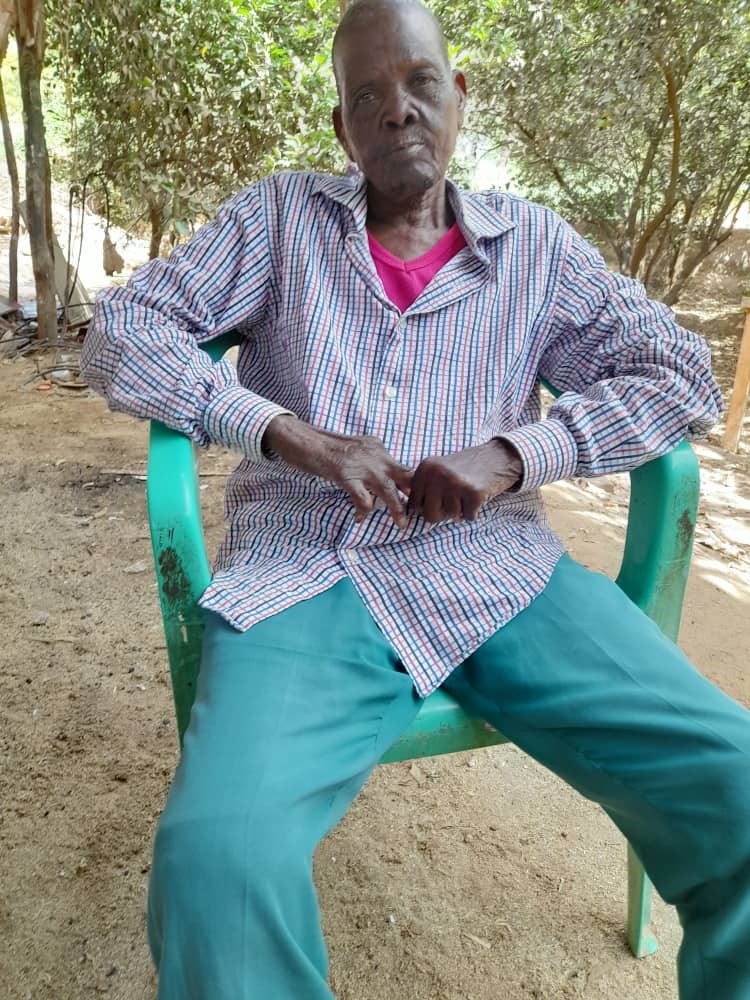Commemorating the International Day of Persons with Disabilities 2021 in Somalia
3 December 2021 – The International Day of Persons with Disabilities, commemorated on 3 December 2021, shines a spotlight on challenges that people living with disabilities face. The international day, first proclaimed in 1992 by the United Nations General Assembly resolution 47/3, aims to mobilize support for the dignity, rights and well-being of persons with disabilities.
This year’s theme for the day – ‘Leadership and participation of persons with disabilities toward an inclusive, accessible and sustainable post-COVID-19 world’ – increases awareness of the benefits of integrating persons living with disability in aspects of political, social, economic and cultural life and the broader society.
In Somalia, in 2020, 5% of the population was known to be living with disabilities according to a survey conducted by the Government with a UN agency.
On the International Day of Persons with Disabilities, Dr Mamunur Rahman Malik, WHO Representative to Somalia and Head of Mission said, “WHO is one of the few UN agencies which has a policy on disability which was launched on 3 December 2020. The policy serves as the primary framework for implementation of United Nations Disability Inclusion Strategy (UNDIS) across our Organization. Through implementation of this policy, we want to ensure that people with disability in all their diversity are included meaningfully in our Organization’s work leaving no one behind. We must listen to the experiences of people living with disabilities and see how we can best support their integration in the society.”
Facing less discrimination than before
When he was 8 years old, Cade Sheekhdoon started to lose his sense of feeling in his arms and legs. Soon, he lost his sense of touch in his hands and lower legs and his bones hurt too. Cade was diagnosed with leprosy – he had contracted the disease from a neighbour in Hiran, where he lived. As a result, Cade had to have some of his fingers removed – a mentally and physically excruciating and traumatic experience for any child.
When he was young, not many people knew about leprosy. People would throw stones at Cade and ask him to try and eat them. Although now he feels the discrimination against him has reduced, there are still people who believe people with disabilities like leprosy eat children. Sixty years after he was diagnosed, even though he feels he will never be able to integrate into the society “normally”, Cade just chooses to focus on the positive part of life – that the discrimination against him has reduced considerably and that he now has a beautiful family of his own.
“Hoping to see persons with disabilities run the country one day”
 Cade from Hiran shares his thoughts about creating a better world for persons living with disabilities. Credit: WHO/Somalia
Cade from Hiran shares his thoughts about creating a better world for persons living with disabilities. Credit: WHO/Somalia
Cade from Hiran shares his thoughts about creating a better world for persons living with disabilities. Discussing the theme for the International Day of Persons with Disabilities, Cade says he hopes to see someone with a disability among the leaders running Somalia one day, so that he or she would understand the needs of persons with disabilities and make provisions to improve their lives.
Cade adds that he would like to see the federal and state ministries of health and all of Somalia’s partners develop functional equipment that would help people with different disabilities. He has heard in many countries governments and their partners have special cars, ramps and other specialized products to cater for people with special needs. This is what he feels Somalia lacks.
“As the world tries to deal with and recover from the COVID-19 pandemic, I hope people can realize how vulnerable one can feel if they are sick or different in any way from what we view as normal. I hope people make an effort to understand the challenges faced by people with disabilities, and work together to help them.”



